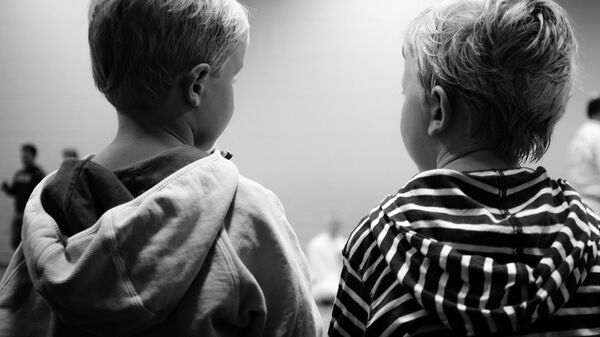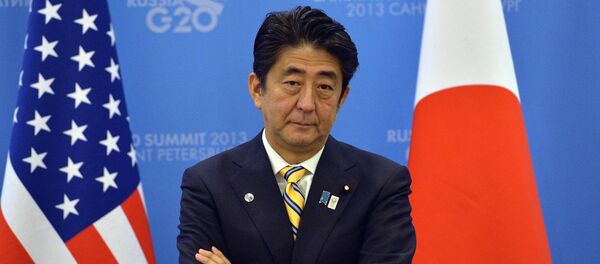Set for a launch in the 2018 fiscal year, Kid’s Week would establish five days of holiday time in July and August, to be compensated for elsewhere during the school year. When the holiday would take place would differ by region, ideally cutting down on the usual summer traffic and creating a tourism boom.
Private domestic travel consumption could increase by 400 billion yen with this initiative, according to the Mizuho Research Institute estimates. Germany and France have engaged in similar efforts in order to address traffic jams and crowded resorts.
Some experts aren’t confident about the efficacy of a Kid’s Week in helping people scale back their long hours, as paid leave would still have to be approved by employers.
After the idea was first reported in May, Yahoo News Japan published a poll indicating that of 172,030 responses, 66 percent of people were against the initiative, seeing a weeklong family vacation as impossible.
In 2015 online 48.7 percent of workers took paid leave, according to a Ministry of Health, Labor and Welfare survey of 4,520 companies across Japan — a far cry from the government’s desired 70 percent that it wants to reach by 2020.
"It’s both an issue of workers’ mentality as well as ways of management," researcher Akio Doteuchi told the Japan times, explaining that some people feel guilty taking time off when their colleagues are still working, and fear that taking leave could negatively impact their evaluations.
More than 60 percent of respondents to a 2016 Labor Ministry survey said they were hesitant to take paid leave, with 32 percent citing office environment and 70 percent saying it might create a burdensome workload for their colleagues.
Senior Dai-ichi Life Research Institute researcher Yasuko Matoba said that while such initiatives haven’t yet yielded much success, they are important in the effort to change Japanese work culture.
"It’s important for the government to take initiative to change [the working environment]," he said.







